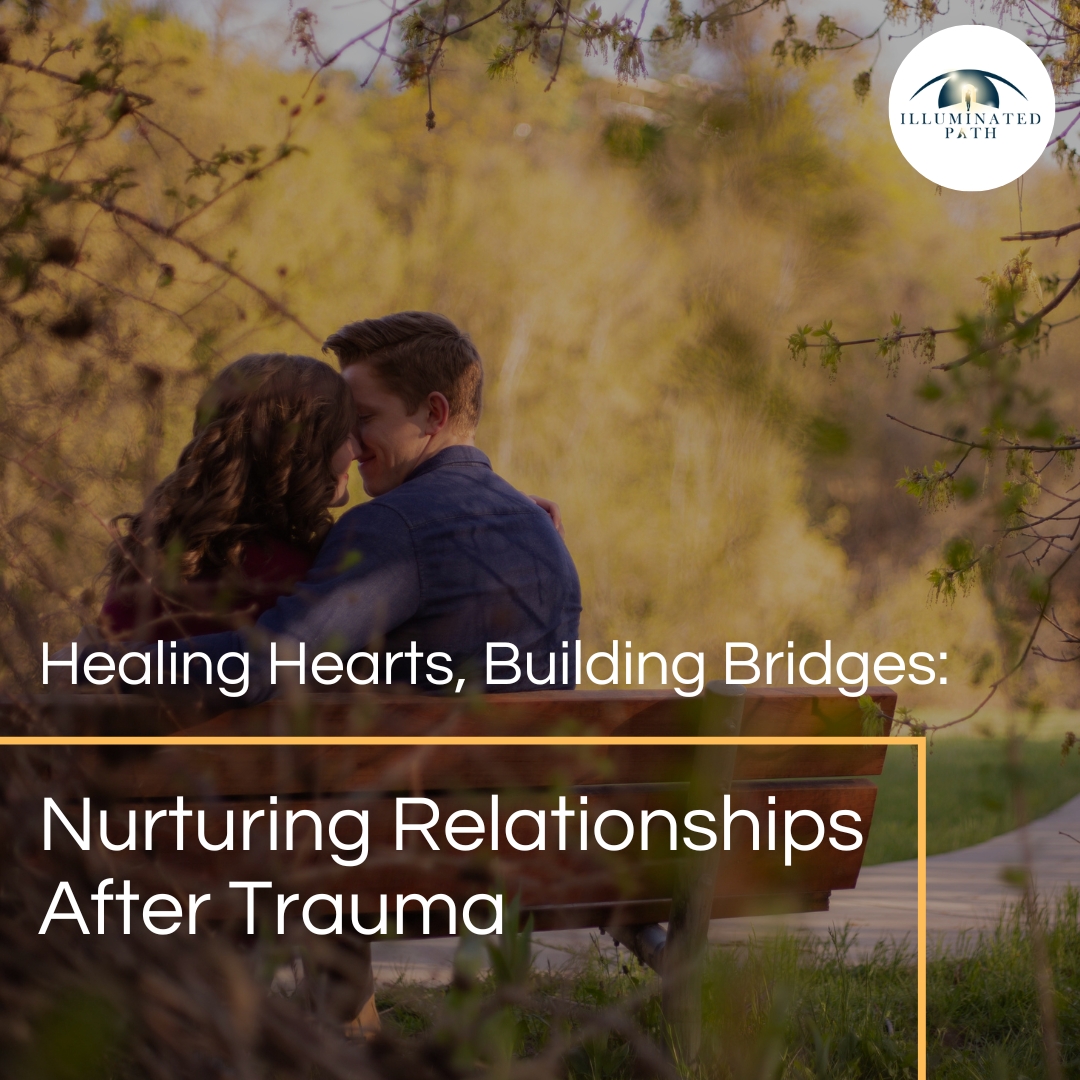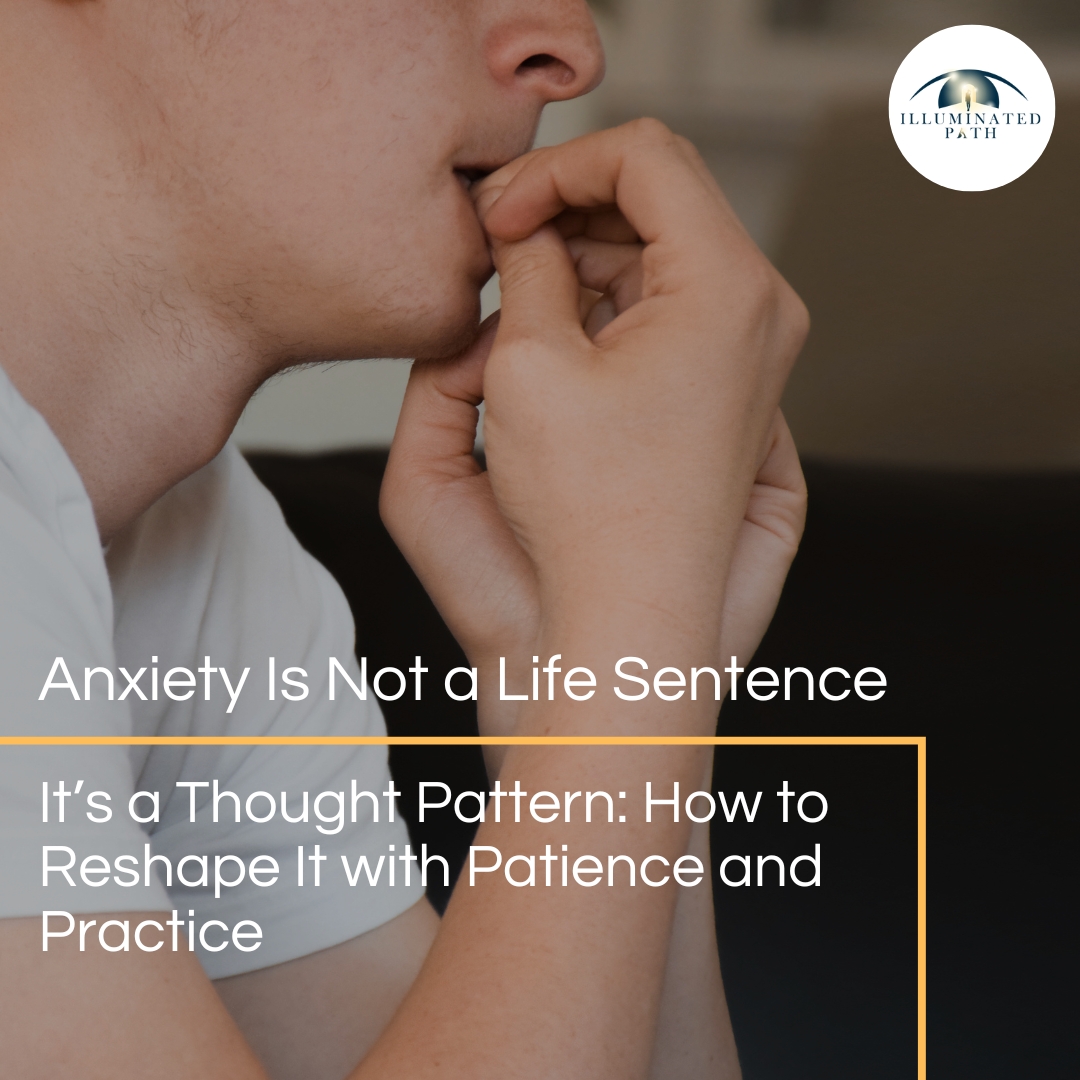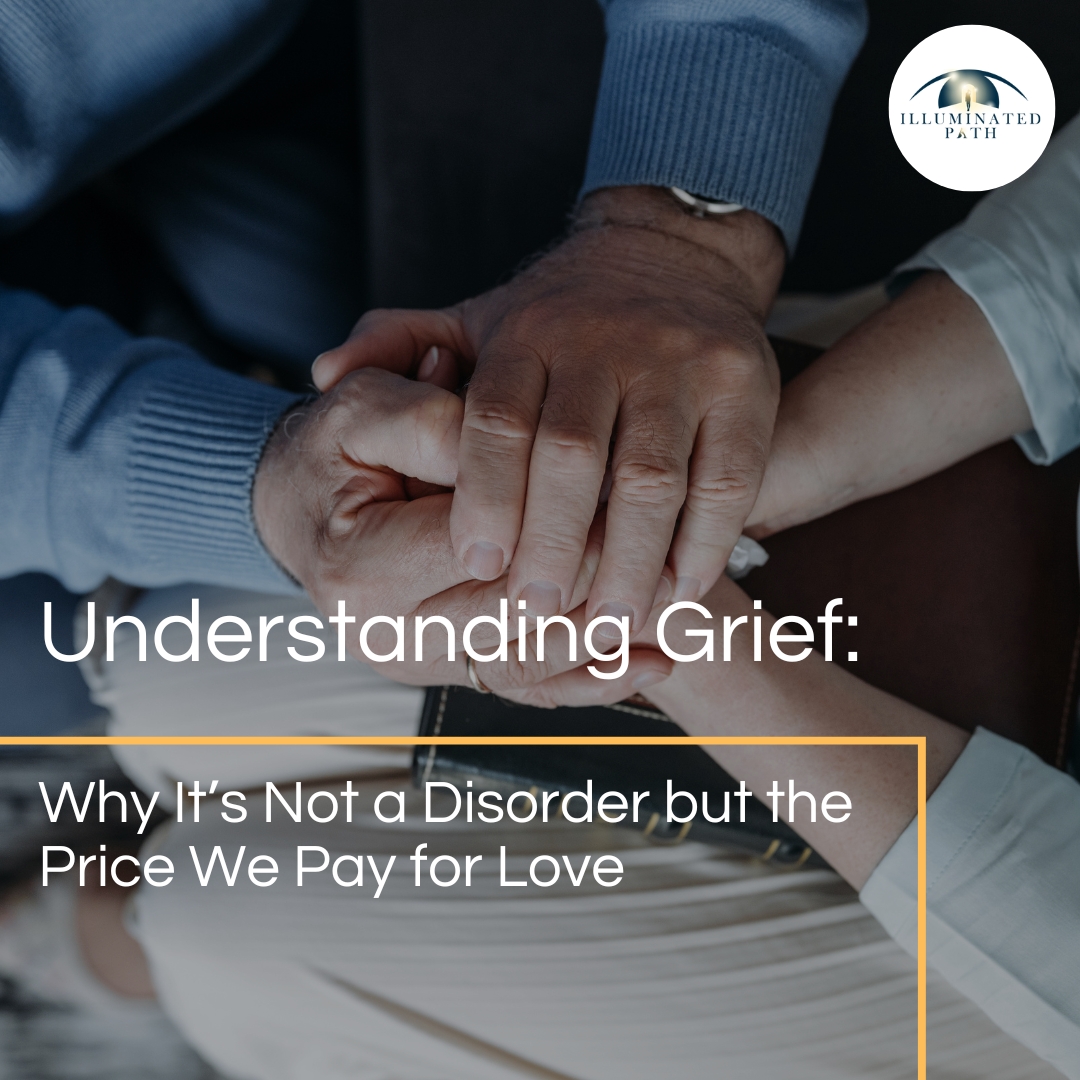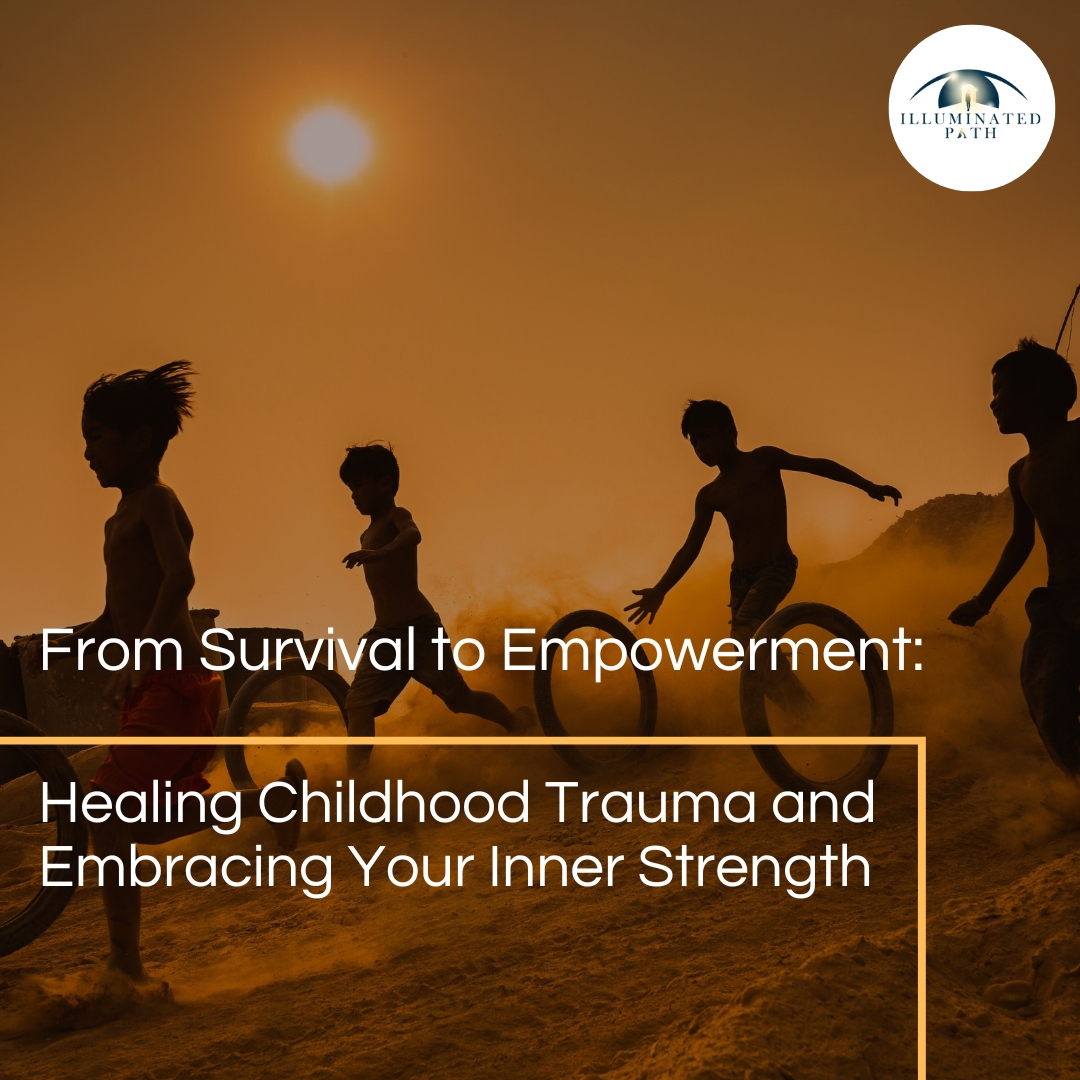
Trauma, whether a singular event or a series of ongoing experiences, can leave deep scars on an individual’s life. These wounds extend beyond the emotional and mental realm, often impacting the ability to form and maintain healthy relationships. The invisible burden of trauma can create obstacles to intimacy, trust, and open communication, making it challenging to connect with others on a profound level. But with understanding, support, and the right tools, it’s entirely possible to heal from trauma and cultivate fulfilling relationships.
Understanding How Trauma Affects Relationships
Trauma manifests in diverse ways, and its effects on relationships are equally varied. Some common hurdles faced by individuals and couples dealing with trauma include:
- Struggling with Trust and Intimacy: Trauma can chip away at trust in oneself and others, making it difficult to feel safe and vulnerable in close relationships. Survivors may find emotional intimacy challenging, fearing that opening up will lead to more pain or rejection.
- Communication Barriers: Trauma can disrupt communication patterns, hindering the ability to express needs and boundaries effectively. Survivors may grapple with emotional regulation, leading to outbursts, withdrawal, or difficulty understanding their partner’s emotions.
- Conflict and Triggered Reactions: Past trauma can be triggered by seemingly harmless events in the present, leading to heightened emotional responses and conflict. Survivors may react in ways that seem out of proportion to the situation, leaving their partners feeling confused and hurt.
- Repeating Trauma Patterns: Unresolved trauma can lead to unconscious behaviors that recreate past traumatic experiences in current relationships. This might manifest as seeking out partners who resemble abusers or engaging in self-sabotaging behaviors.
- Isolation and Withdrawal: Trauma can foster feelings of isolation and disconnection, making it difficult to seek support or engage in social activities. Survivors may withdraw from relationships to avoid triggering situations or feeling overwhelmed.
The Prevalence of Trauma’s Impact on Relationships
The impact of trauma on relationships is a significant concern, and research underscores the prevalence of these challenges:
- Adverse Childhood Experiences (ACEs): The groundbreaking ACEs study revealed a strong link between childhood trauma and a range of negative outcomes in adulthood, including relationship difficulties, divorce, and intimate partner violence. (Source: Felitti et al., 1998)
- Intimate Partner Violence (IPV): Trauma is a major risk factor for both perpetrating and experiencing IPV. Survivors of childhood abuse are more likely to experience IPV in adulthood, and IPV itself can be a deeply traumatizing experience. (Source: Centers for Disease Control and Prevention)
- Mental Health Disorders: Trauma significantly contributes to mental health disorders like PTSD, depression, and anxiety, which can severely impact relationships. Individuals with PTSD are more likely to experience relationship difficulties, including higher rates of divorce and separation. (Source: National Center for PTSD)
Rebuilding and Strengthening Relationships After Trauma
Healing from trauma and building healthy relationships is a journey that requires patience, self-compassion, and often professional guidance. Here are some key strategies that can help:
1. Seeking Professional Support:
- Therapy: Trauma-informed therapy offers a safe and supportive environment to process traumatic experiences, develop coping mechanisms, and address relationship challenges. Various therapeutic approaches, such as Cognitive Behavioral Therapy (CBT), Eye Movement Desensitization and Reprocessing (EMDR), and Somatic Experiencing, can be effective in treating trauma.
- Couples Therapy: If both partners are willing, couples therapy can help address communication issues, rebuild trust, and develop healthier patterns of interaction. Trauma-informed couples therapy can help partners understand the impact of trauma on their relationship and work together to create a more supportive and secure environment.
2. Cultivating Self-Awareness and Self-Compassion:
- Identifying Triggers: Understanding your triggers and how they affect your behavior can help you manage emotional reactions and communicate more effectively with your partner.
- Prioritizing Self-Care: Engaging in activities that promote emotional and physical well-being, such as mindfulness, exercise, and spending time in nature, can help regulate emotions and build resilience.
- Challenging Negative Thoughts: Trauma can lead to negative beliefs about oneself and the world. Challenging these thoughts and replacing them with more positive and realistic ones can improve self-esteem and relationship satisfaction.
3. Fostering Communication and Trust:
- Open and Honest Dialogue: Creating a safe space for open and honest communication is crucial for building trust and intimacy. This involves actively listening to your partner, expressing your needs and boundaries clearly, and being willing to be vulnerable.
- Non-Violent Communication: Learning non-violent communication techniques can help you express yourself in a way that is respectful and empathetic, even during disagreements.
- Repairing Relationship Ruptures: Conflict is inevitable in any relationship, but it’s how you repair those ruptures that matters. Apologizing for hurtful behavior, taking responsibility for your actions, and working together to find solutions can strengthen the bond between partners.
4. Establishing Healthy Boundaries:
- Identifying and Communicating Boundaries: Clearly defining your boundaries and communicating them assertively is crucial for protecting your emotional and physical well-being.
- Respecting Your Partner’s Boundaries: It’s equally important to respect your partner’s boundaries and be willing to compromise when necessary.
- Enforcing Boundaries: If your boundaries are violated, it’s important to address the issue directly and take steps to protect yourself.
5. Practicing Patience and Forgiveness:
- Patience with Yourself: Healing from trauma takes time, and it’s important to be patient with yourself and your partner throughout the process.
- Forgiveness: Forgiving yourself and others for past hurts can be a powerful step towards healing and moving forward.
- Focusing on the Present: While it’s important to acknowledge the past, it’s equally important to focus on the present and build a future together.
6. Building a Support Network:
- Connecting with Others: Spending time with supportive friends and family can provide a sense of connection and belonging.
- Joining a Support Group: Connecting with others who have experienced trauma can provide a sense of validation and understanding.
- Engaging in Community Activities: Participating in activities that align with your interests can help you build new relationships and expand your support network.
By integrating these strategies, individuals and couples can navigate the complexities of trauma and forge a path toward healing and healthy connection.
Remember:
- Trauma is not your fault. You are not responsible for what happened to you.
- Healing is possible. With the right support and resources, you can recover from trauma and build healthy relationships.
- You are not alone. Many people have experienced trauma and gone on to live fulfilling lives.
If you or someone you know is struggling with the effects of trauma, please reach out for help. There are many resources available to support you on your journey to healing and connection.

The Author
Dr. Shadi Souferian Psy. D.
Licensed Clinical Psychologist
Therapist And Psychologist in Los Angeles And Beverly Hills.






